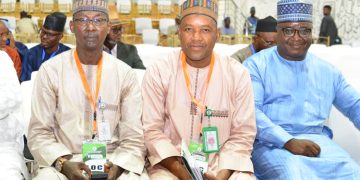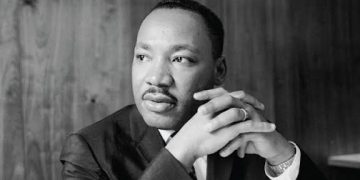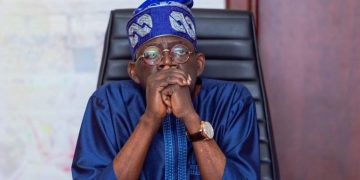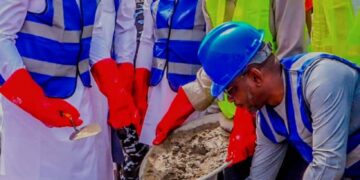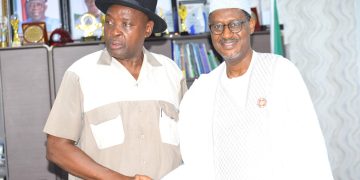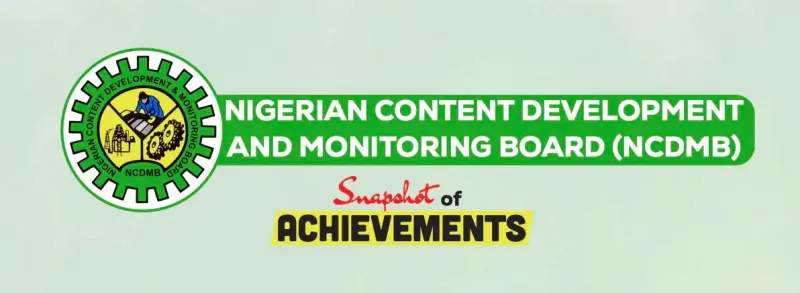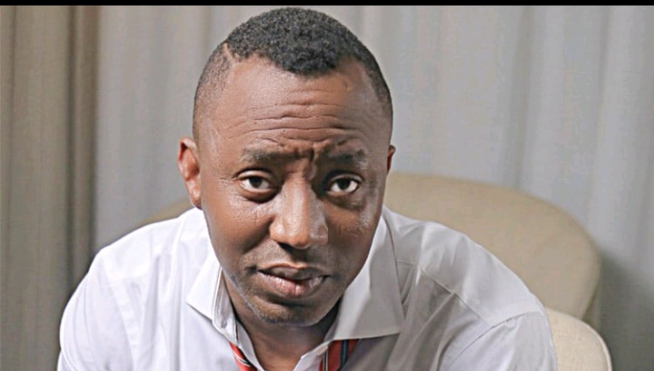Why do most Nigerian political leaders perceive criticism of leadership as an attack, often feeling compelled to silence freedom of speech or imprison human rights advocates? In truth, criticism is a vital tool for government and organizational growth. Effective leaders remain open, humble, and adaptable in the face of criticism, filtering out negativity while embracing constructive feedback. Healthy leadership requires distinguishing between baseless attacks and genuine concerns, then using the latter to improve governance, decision-making, and relationships with the public.
The clash between Federal Capital Territory (FCT) Minister, Nyesom Wike, and the African Action Congress (AAC) presidential candidate, Omoyele Sowore, has once again brought the issue of political intolerance, threats, and human rights violations to the fore.
The controversy began after Sowore, in a tweet dated August 25, described President Bola Ahmed Tinubu as a “criminal,” citing a video in which the president claimed there was no corruption in Nigeria during his visit to Brazil. Sowore condemned the statement, calling it a “shameless lie.”
Wike responded, tackling Sowore for his comments. In reaction, Sowore fired back on his verified X (formerly Twitter) account, describing Wike as a “drunkard, murderer, land-grabber, and thief,” insisting that the minister ought to be facing justice at the International Criminal Court (ICC) for alleged atrocities committed during his tenure as Rivers State governor.
Sowore further alleged that Wike had once suggested that Tinubu should have assassinated him for branding the president a criminal. According to Sowore, such a mindset only accentuates the entrenched culture of impunity among Nigeria’s political elite. “If Nigerians weren’t so docile, complacent, and cowardly,” Sowore declared, “criminals, thieves, and murderers like Wike would never have any leadership roles in this country.”
Adding to the tension, an old but resurfaced audio recording allegedly featuring Wike has been circulating on social media. First published by Sahara Reporters, the tape purportedly captures Wike threatening Independent National Electoral Commission (INEC) officials during the 2016 elections. In the recording, the then-governor allegedly admits to giving money to electoral officials, threatening to kill them if they refused to do his bidding or return the funds. Statements such as “Ikwerre did it, they couldn’t even do anything” and “They should return what they gave them or I will kill them” have reignited debate on the credibility of Wike’s political legacy.
Although Wike has in the past denied the authenticity of such recordings, their resurfacing on Sowore’s Facebook page on September 19, 2025, has further heightened scrutiny of the minister’s political conduct.
An assassination threat against a human rights defender (HRD) like Sowore is not only troubling but also a grave violation of fundamental human rights. International law, including the Universal Declaration of Human Rights, guarantees the right to life. Under international humanitarian law, assassination is strictly prohibited.
The United Nations Declaration on the Protection of Human Rights Defenders places an obligation on states to ensure the safety of individuals who are targeted because of their legitimate advocacy for justice and accountability. Threats or attempts on the lives of HRDs are often tactics used to intimidate, silence dissent, and weaken democracy.
For a country like Nigeria, already grappling with insecurity, governance deficits, and public mistrust, any hint of assassination plots against critics of the government sends a dangerous message. Such actions delegitimize institutions, deepen public fear, and erode democratic freedoms.
Unfortunately, Nigeria’s political culture often interprets criticism as hostility. Instead of leveraging dissent as a means to rethink approaches and foster continuous improvement, leaders sometimes resort to intimidation, suppression, and personal attacks. This undermines not only the critic but also the democratic process itself.
As Sowore’s confrontation with Wike demonstrates, Nigeria’s political class appears more concerned with silencing opposition than with addressing the issues raised. The very notion that assassination could be contemplated as a response to criticism is the “wrongest political move” any intelligent administration could consider. It reflects a deeper insecurity among leaders who feel more “bereaved” by dissent than even the president himself.
The Sowore-Wike feud is more than a personal spat; it is a litmus test of Nigeria’s commitment to democratic principles, human rights, and freedom of expression. Assassination threats, intimidation, and smear campaigns against activists not only betray a culture of impunity but also set Nigeria on a dangerous trajectory.
Democracy thrives where criticism is tolerated and dissenting voices are respected. For Nigeria, embracing feedback and protecting human rights defenders like Sowore is not just a moral obligation but a necessary step toward genuine governance reform and democratic survival.
Our leaders, politicians, and security agencies often criticize the reports of human-rights organizations, yet this only fuels the work of groups like Amnesty International. They are watching closely, documenting every name and political figure in the struggle for justice, freedom, and accountability. We should not cry foul when countries such as the United States and those in Europe release their reports on human rights and dignity. With accountability and respect for fundamental rights, Nigeria will be great again.
Daniel Okonkwo is a seasoned writer, human rights advocate, and public affairs analyst, renowned for his thought-provoking articles on governance, justice, and social equity. Through his platform, Profiles International Human Rights Advocate, he consistently sheds light on pressing issues affecting Nigeria and beyond, amplifying voices that call for accountability and reform. He is also a professional transcriptionist and experienced petition writer, with over 1,000 published articles to his credit on Google. Many of his works have been featured in Sahara Reporters and other major news outlets. In addition, he works as a ghostwriter, freelancer, and journalist.











